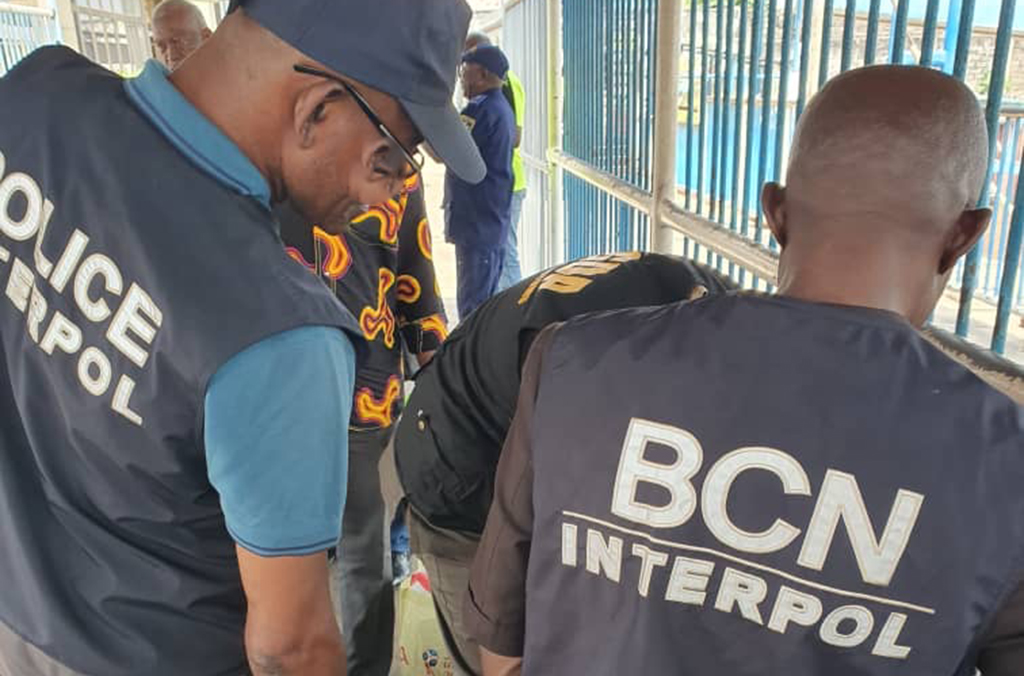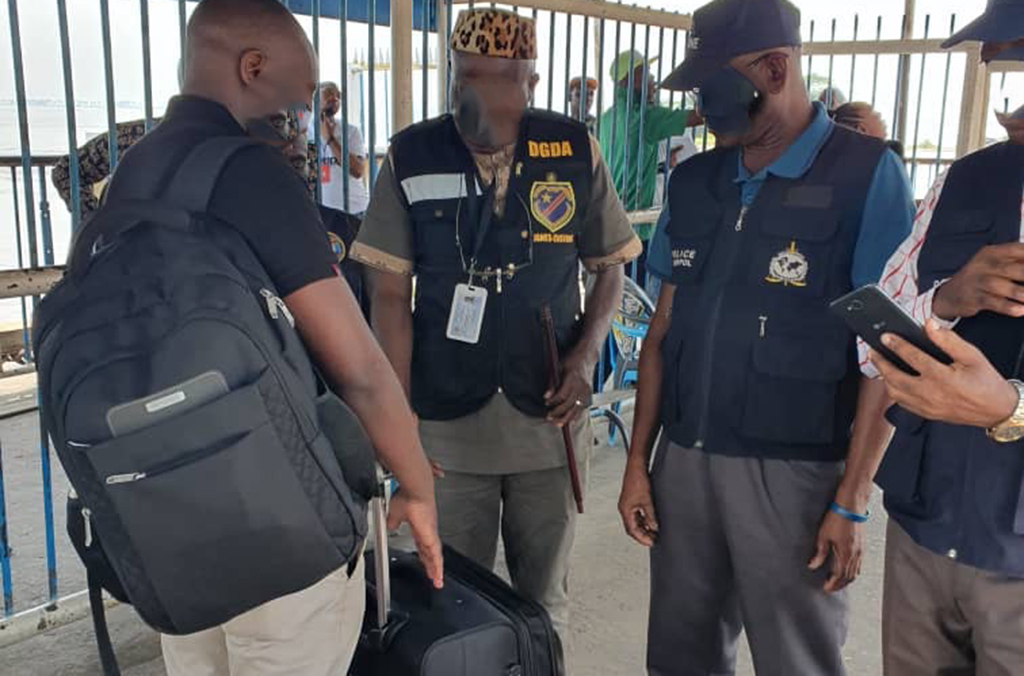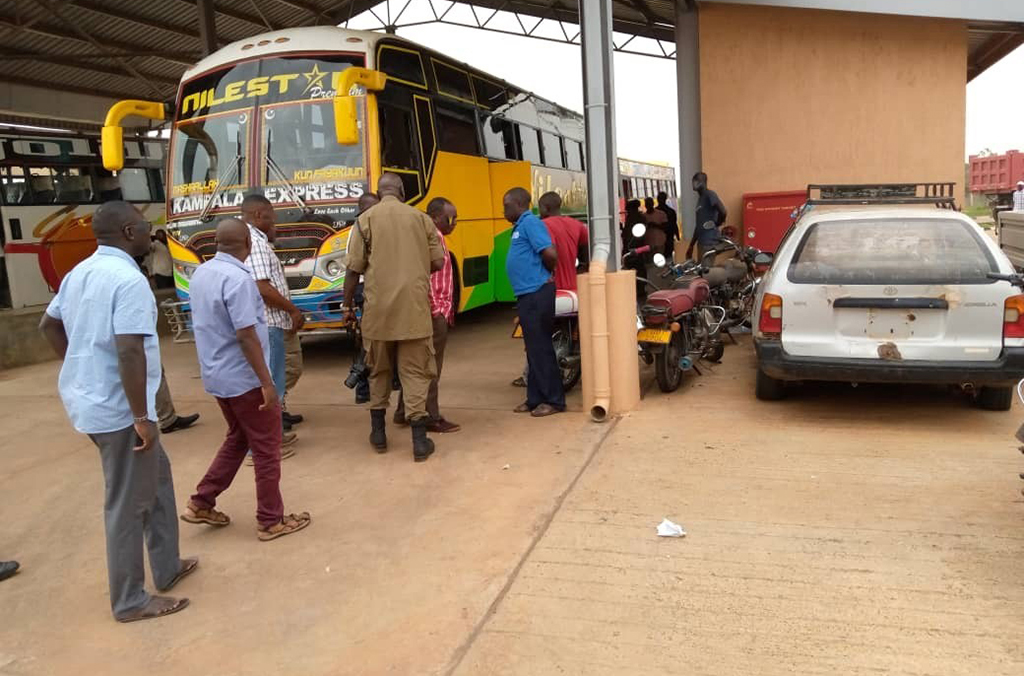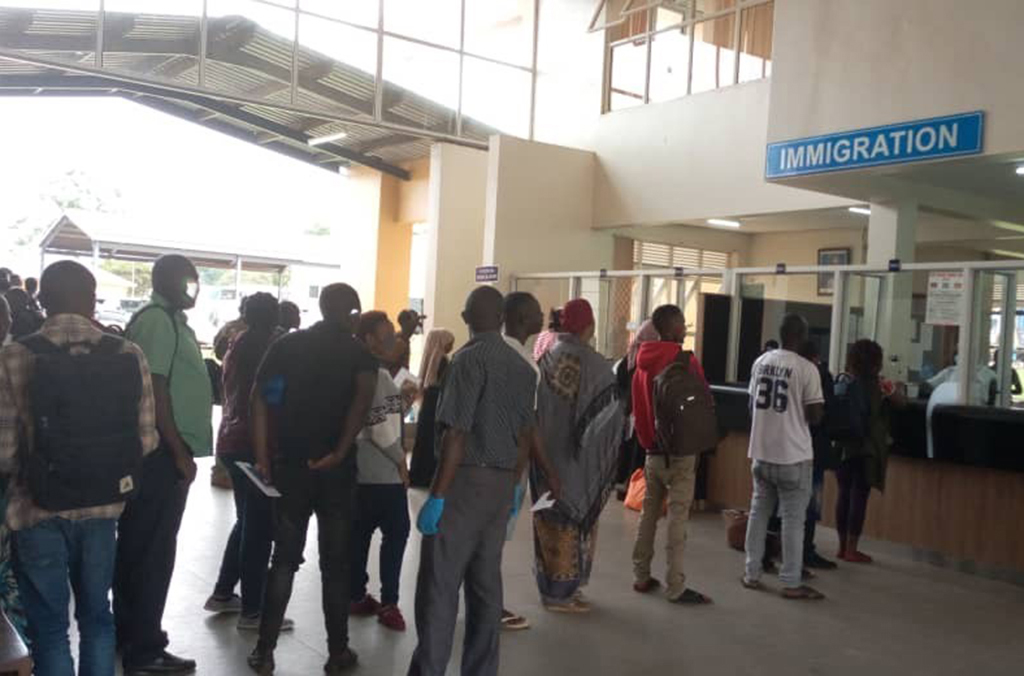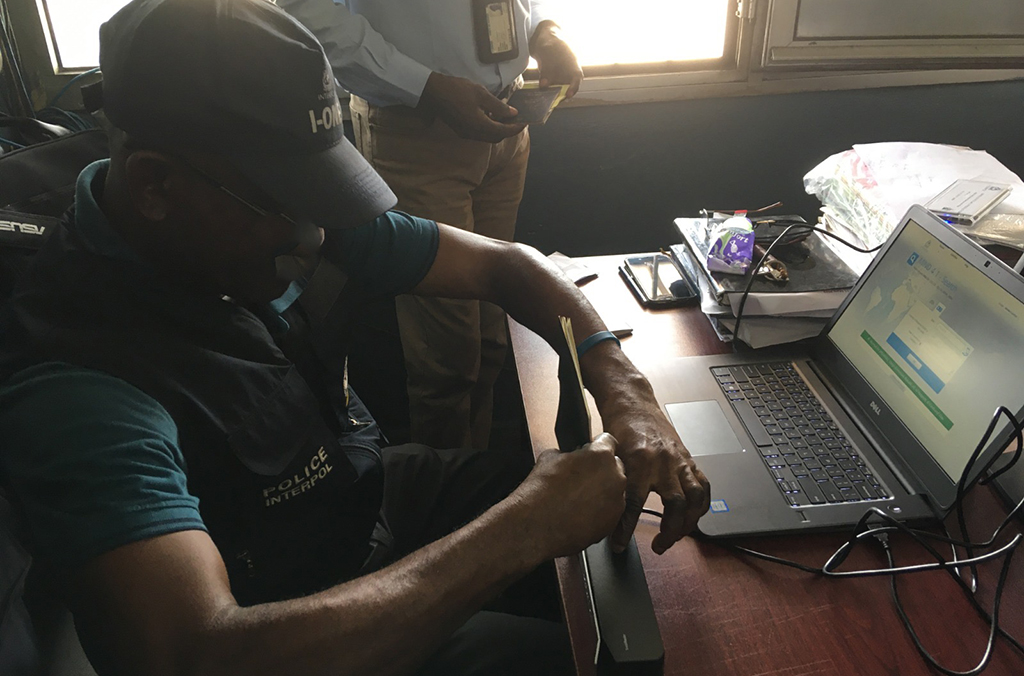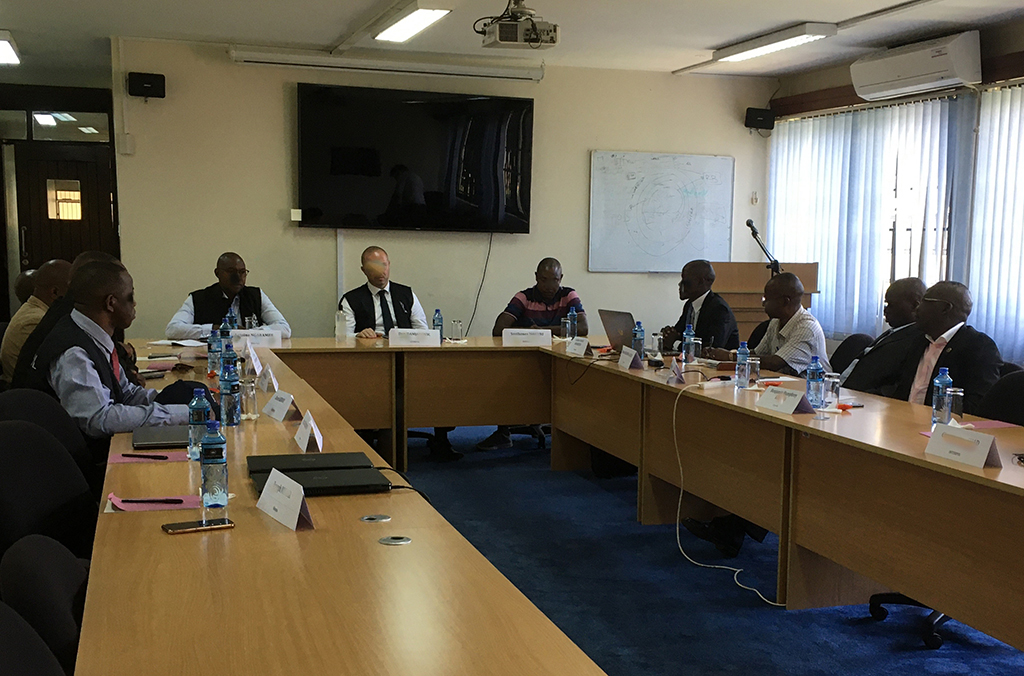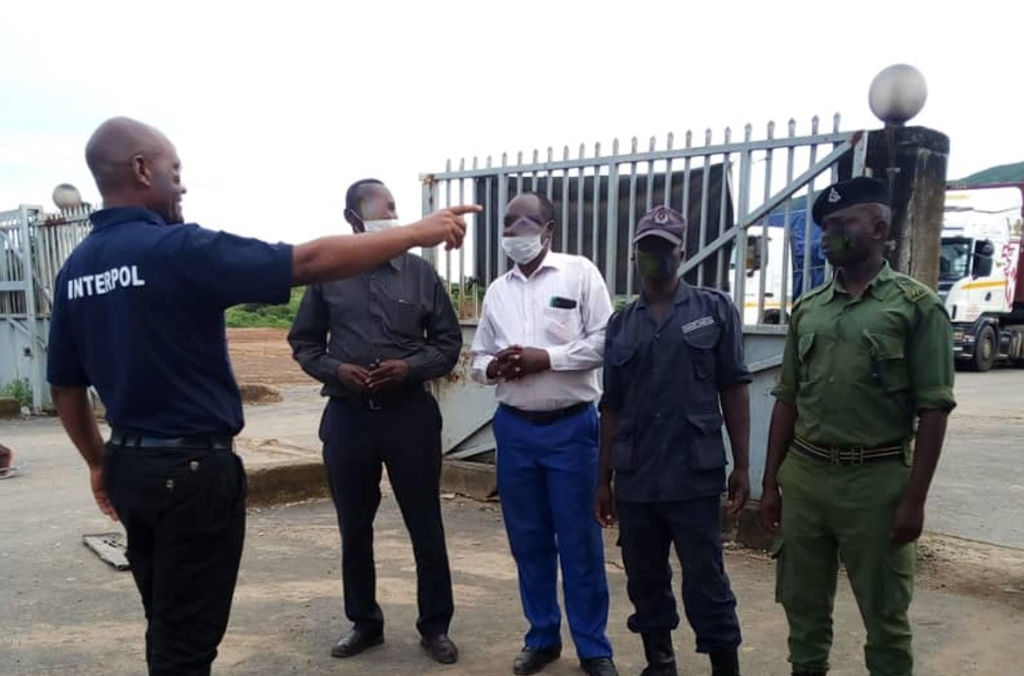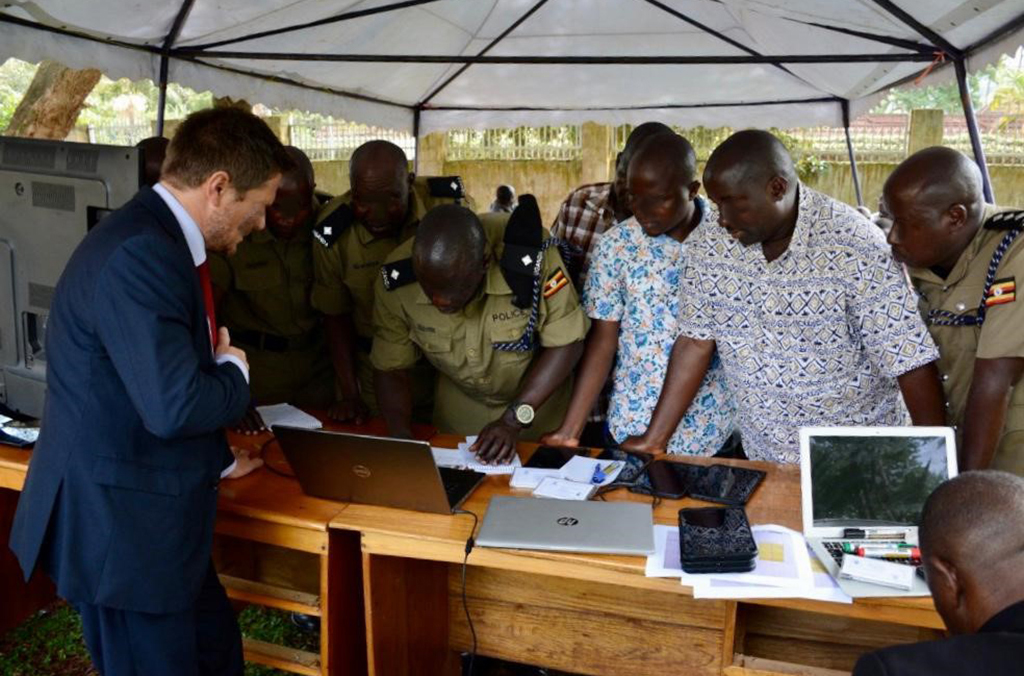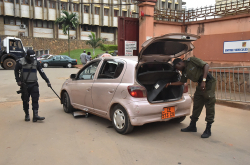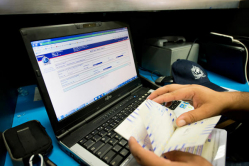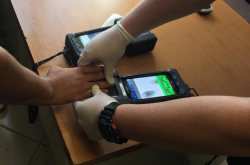An INTERPOL-led operation to strengthen counter-terrorism (CT) action in the Democratic Republic of the Congo (DRC), Kenya, Tanzania and Uganda has triggered investigations in several countries.
With terrorist activity often linked to a wide range of other crime areas, the objective of Operation Simba II was to boost frontline officers’ ability to recognize a traveler as a potential terrorist or criminal using INTERPOL’s wide range of policing capabilities installed at air and land border crossings.
From 15-22 March, INTERPOL’s General Secretariat and Nairobi-based Regional CT Node (RCTN) for Eastern and Southern Africa coordinated action with national police, immigration, customs and CT units to detect criminals as they tried to cross borders.
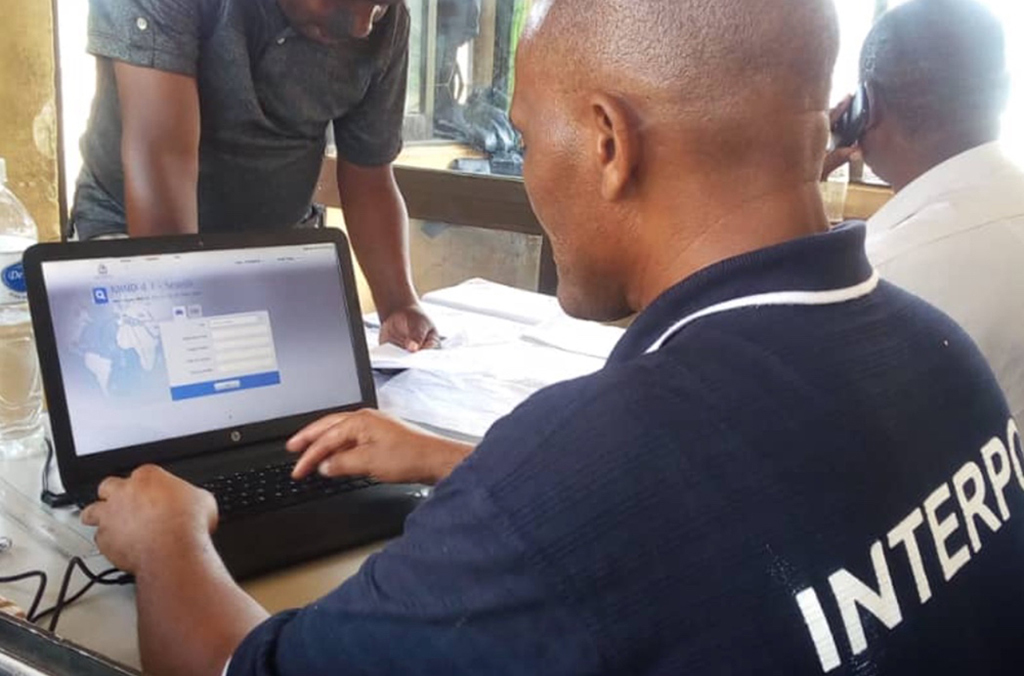
Almost three million checks were carried out against INTERPOL databases over eight days resulting in the detection of men and women wanted for serious crimes.
DRC authorities intercepted five INTERPOL-wanted people attempting to cross their borders, including one suspect wanted in Europe for serious regional organized crime.
Kenyan authorities flagged one man as an INTERPOL Red Notice target, a global alert sent to police worldwide about internationally wanted fugitives. The suspect is wanted by a Central Asian country for serious fraud crime.
Access to INTERPOL databases at Uganda’s Entebbe International Airport enabled frontline officers there to detect a man originally from Asia and wanted by a country in the Middle East for financial crime. Tailored INTERPOL systems linking national and global systems at border control signaled the man as the subject of an INTERPOL Red Notice, triggering associated investigations in several countries.
Inquiries in Tanzania also pinpointed the arrival of a Red Notice subject wanted in relation to fraud and identity theft.
Further arrests and prosecutions are foreseen as ongoing investigations unfold.
“The results of INTERPOL’s first RCTN-led operation in the region clearly illustrate the security benefits of decentralizing CT efforts into the field,” said Assistant Director of INTERPOL’s CT unit, Karel Pelán.
“By placing our experts at the heart of our member countries, INTERPOL helps improve regional police cooperation and provides hands-on CT support in our priority regions,” added Mr Pelán.
Enhancing CT capacity with intelligence and technology
Countries worked together ahead of field operations sharing intelligence and national watch lists, to identify hubs to target for criminal activity or travel.
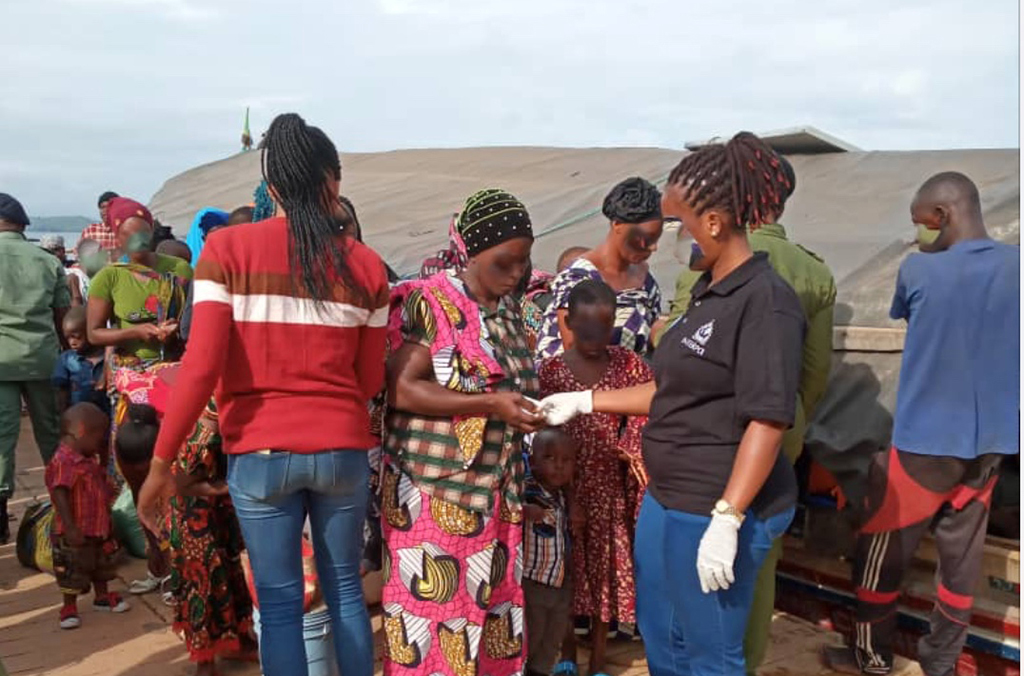
With access to INTERPOL’s databases and secure global police communications system (I-24/7) in key strategic locations, frontline officers in the four countries had at their fingertips the intelligence required to stop known criminals in their tracks.
“Insecure borders nurture the growth of local and regional terrorism, so operations like Simba II build resilience by boosting the skills required to recognize the trends and tackle them holistically,” said Director of Kenya’s Anti-Terrorism Police Unit, John Gachomo.
“Kenya is fully committed to working internationally to do all it can to prevent terrorism and other crime from tearing this region’s economies, security and social tapestry apart,” added Mr Gachomo.
Operation Simba II saw a significant rise in the number of hits on INTERPOL’s global criminal databases during the eight days of the operation, particularly on the Stolen and Lost Travel Documents (SLTD) database.
Stolen travel documents are a key asset for terrorist mobility, particularly for foreign terrorist fighters returning from conflict zones. Access to INTERPOL’s SLTD database of more than 80 million travel documents enabled front line officers to detect several individuals using stolen passports to travel.
Building resilience against the spread of terrorism
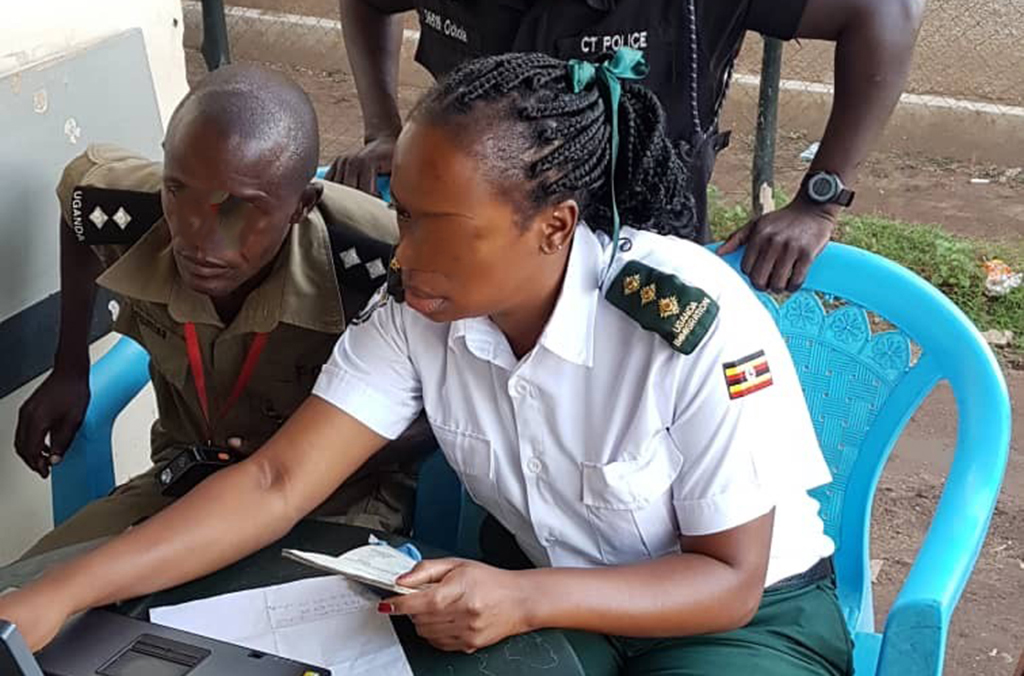
“Operations like Simba II show how important it is for countries to use INTERPOL’s wide range of criminal databases in strategic places like border crossings,” said Wilson Otuna Omoding, Uganda’s Deputy Counter-Terrorism Director.
“In providing the region with strong policing capabilities INTERPOL clearly shows its determination to help Africa address its specific security threats and build the sustainable, safe and prosperous future that all Africans deserve,” concluded Mr Omoding.
Al-Shabaab and Allied Democratic Force are the main terrorist threats in the region. They have carried out several mass-casualty attacks on civilians in the countries targeted by Operation Simba II.
Operation Simba II was coordinated with funding by the United Arab Emirates and the INTERPOL Foundation for a Safer World.
Related news

Breakthrough in longstanding Dutch missing person case
11 October 2024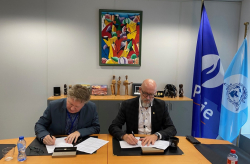
INTERPOL welcomes new DNA legislation in Belgium
11 April 2024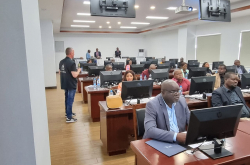
Border security threats focus of STOP operations in Africa
8 December 2023




